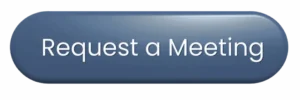Climate Kids Helps Kids Learn About Climate Change

NASA’s Climate Kids website has many excellent online and offline resources for teaching students about climate change. One of those resources is the Big Questions page. The Big Questions page guides students through the basic concepts and issues related to climate change. Six big questions are featured on the page. Students select a question to discover the answers […]
Unpoppable Bubbles – Another Fun Summer Science Lesson
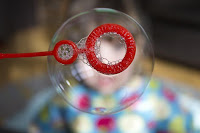
Last week I shared a handful of resources for building solar ovens. The week before that I shared some at-home summer science lesson resources from Discovery and 3M. Today, I have another summer science lesson resource to share with you. Earlier this week SciShow Kids published a new video titled Unpoppable Bubbles. In the video […]
Fun Science Lessons for Students and Parents to do This Summer

Today is the first day of June and even though it was only 44F when I woke up this morning, summer is on my mind. I’m sure it’s on the minds of many of you, your students, and their parents as well. If you have students whose parents are asking for some things they can […]
Science Friday is a Must-bookmark for Science Teachers
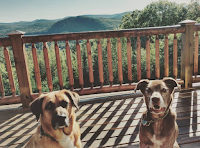
Science Friday is a must-bookmark for teachers and students of science. As the name implies, every Friday a new batch of podcast segments about a wide range of science topics is released. Additionally, on Science Friday you will find interesting videos and articles about a wide array of topics in chemistry, biology, physics, space science, and […]
These Geosciences Lessons Rock

K-5 GeoSource is a great resource produced by the American Geosciences Institute. On K-5 GeoSource you will find free lesson plans, science fair project ideas, links to virtual activities, and resources for professional development. The first time I looked at the site back in 2009 it had a distinct Web 1.0 feel. The site has improved of late to […]
My NASA Data Story Maps – Lesson Plans Based on NASA Data

A few weeks ago I published a summary of nine neat NASA resources for teachers and students. Shortly after that I received an email from someone at NASA who pointed me in the direction of My NASA Data. My NASA Data is much more than just a collection of datasets published by NASA. My NASA […]
Two Lessons on Cloud Types and Their Names

Meteorology is a science topic that affects all of us whether you like it or not. Look up at the clouds and you’re making a science observation. But what exactly are you looking at when you look at the clouds? And what kind of clouds are you seeing? Those questions are answered in a National […]
A Large Collection of Virtual Chemistry Labs and Lessons

I didn’t plan for this to become “science week” on Free Technology for Teachers, it has just worked out that I have a backlog of good science resources to share. Chem Collective is another good science resource. Chem Collective is a project designed and maintained by Carnegie Mellon University’s chemistry department and the National Science Digital […]
Quick Lessons About the Winter Solstice
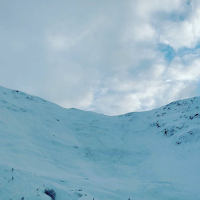
The winter solstice is today in the northern hemisphere. Should you need some short explanations of solstices to share with your children or students, take a look at the following resources. On National Geographic’s Education page you will find this hands-on activity designed to help students understand the changes in intensity and duration of sunlight on their […]
What Are Owl Pellets? – Learn by Watching and Doing

One of the cool things about living where I do, essentially the middle of nowhere by most standards, is getting to see lots of cool wildlife on a regular basis. That includes occasionally seeing owls when I’m walking my dogs at dawn and dusk. With owls come owl pellets that are fun to pick up […]
Wild Weather Kitchen Experiments
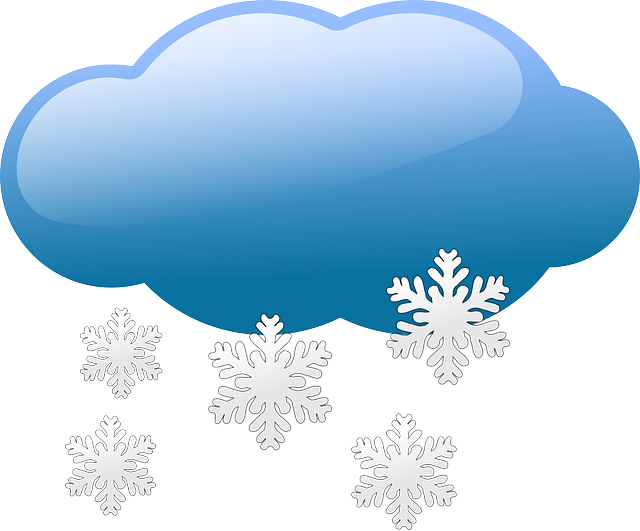
Wild Weather Kitchen Experiments is a short series of instructional videos produced by The Open University. Each of the four videos in the series features a short lesson followed by directions for an experiment that you can carry out to see the lesson’s concepts in action. The four lessons are on avalanches, tornadoes, floods, and […]

